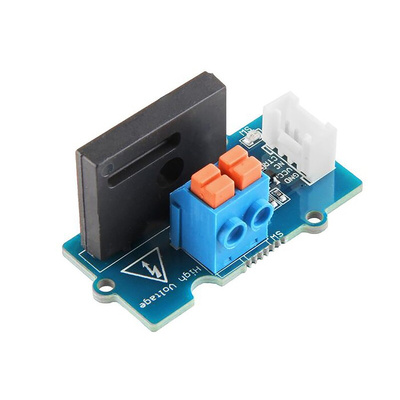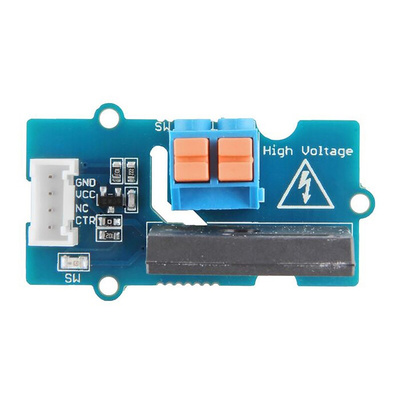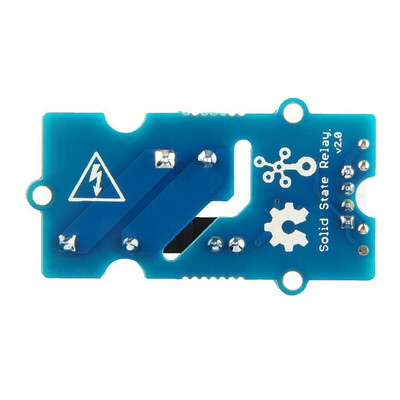* УТОЧНЯЙТЕ ВОЗМОЖНОСТЬ, ЦЕНУ И СРОК ПОСТАВКИ, В СВЯЗИ С ОГРАНИЧЕНИЕМ ЭКСПОРТА ТОВАРОВ ИЗ СТРАН ЕС И ВЕЛИКОБРИТАНИИ
Advantages over mechanical relays:
Solid-state relays have much faster switching speeds compared with electromechanical relays, and have no physical contacts to wear out
Totally silent operation
No physical contacts means no sparking, allows it to be used in explosive environments, where it is critical that no spark is generated during switching
Increased lifetime, even if it is activated many times, as there are no moving parts to wear and no contacts to pit or build up carbon
Compact, thin-profile SSR of monoblock construction with an all-in-one lead frame incorporates a PCB, terminals and heat sink, which is much smaller than mechanical relays, and can integrate more channel
Disadvantages:
When closed, higher resistance (generating heat), and increased electrical noise
When open, lower resistance, and reverse leakage current
Only works for AC load
Typical Applications
Operations that require low-latency switching, e.g. stage light control
Devices that require high stability, e.g. medical devices, traffic signals
Situations that require explosion-proof, anticorrosion, moisture-proof, e.g. coal, chemical industries
 Datasheet
Datasheet| Самовывоз со склада поставщика в Екатеринбурге | Забираете сами или вызываете курьера |
| ТК Деловые Линии | от 500 руб |
| Курьером EMS Почта России | от 500 руб |
| Другой транспортной компанией | По согласованию |



